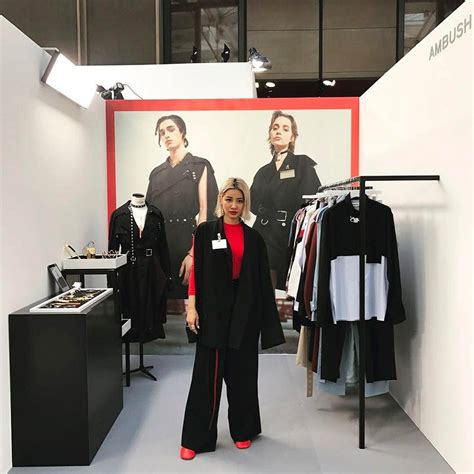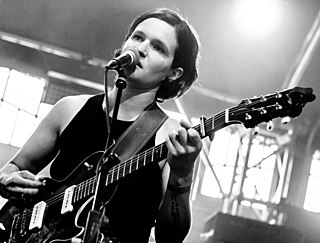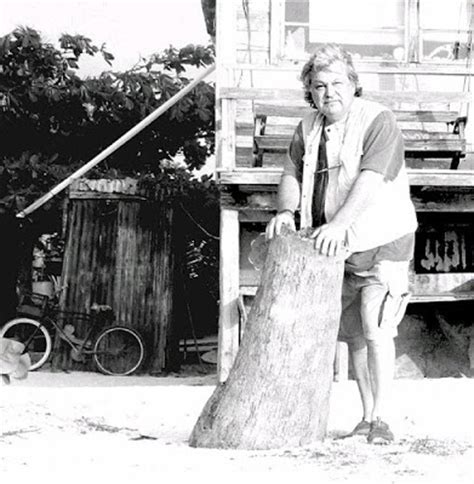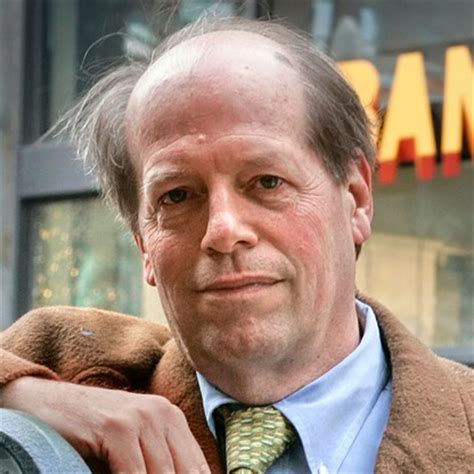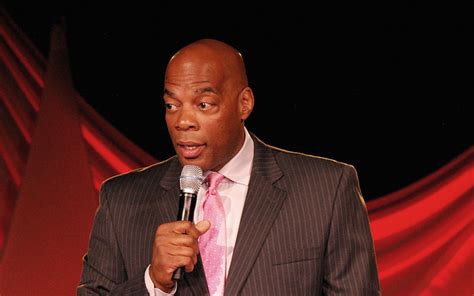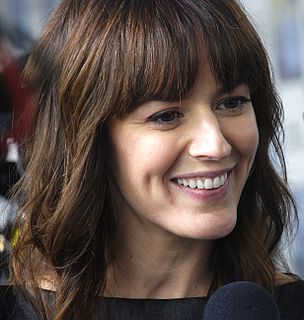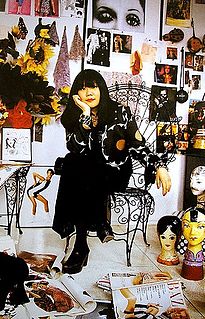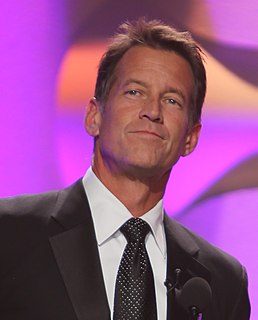A Quote by Yoon Ahn
I grew up in the Seattle suburbs - the suburbs of suburbs. Where I'm from, it's super quiet, just woods and nothing.
Related Quotes
I grew up in the D.C. suburbs, and what I like about that place is that there's not a strong regional affect in the cultural imagination like there is in Dallas or San Francisco or New York City. You have a little more freedom as a novelist this way. The suburbs become a generic idea, and the place doesn't intrude into the narrative.
I wanted to live in the suburbs and have a white picket fence and my own bedroom. And a staircase - I thought having a staircase meant that you were a normal family. I thought somehow if you could transplant us to the suburbs, we would become a normal family. But in retrospect, I'm so grateful I grew up in the Chelsea.
Everywhere - all over Africa and South America - you see these suburbs springing up. They represent the optimum of what people want. There's a certain sort of logic leading towards these immaculate suburbs. And they're terrifying, because they are the death of the soul. This is the prison this planet is being turned into.
